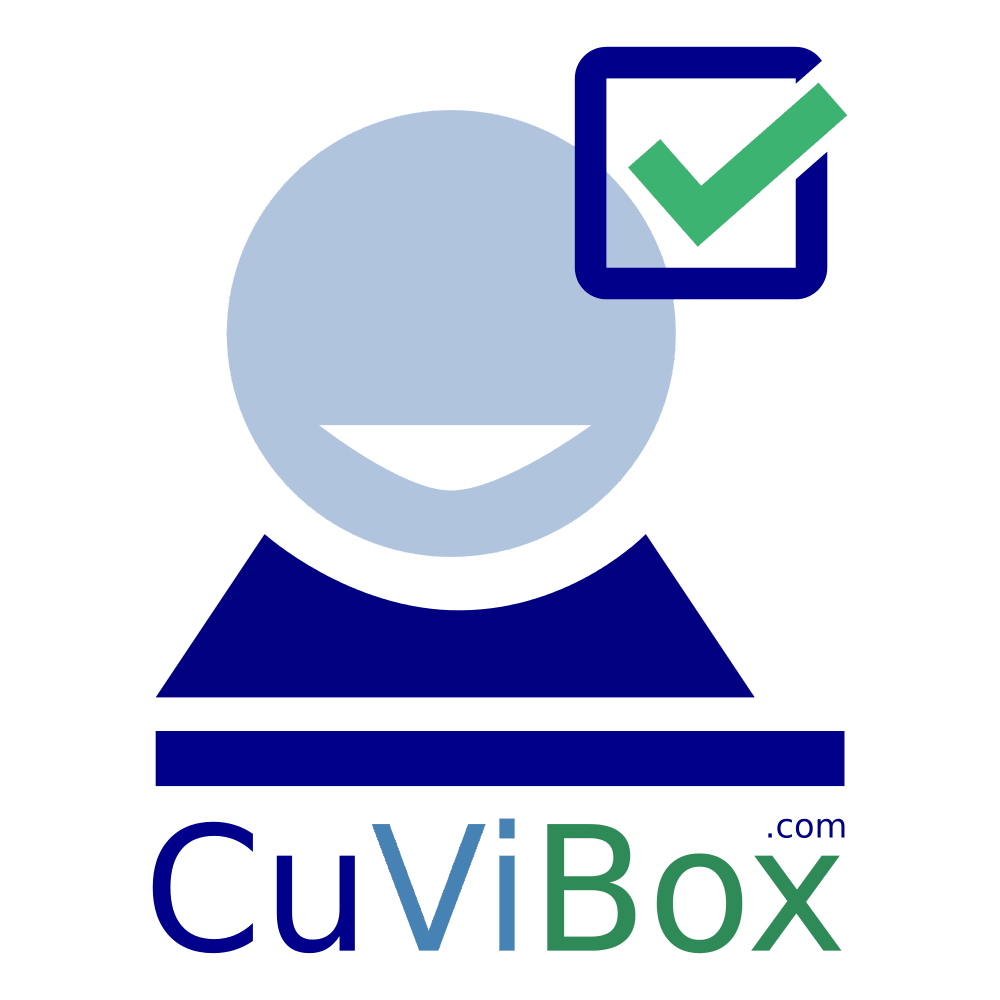Proposal Management Software may often be accessed from numerous devices and platforms. This promotes user flexibility and efficiency when accessing applications from different devices or operating systems. Most software businesses ensure compatibility with desktop and mobile devices, as well as popular operating systems such as Windows, iOS, and Android. This enables users to seamlessly switch from one device to another without disrupting their proposal management workflow.
List of 20 Best Proposal Management Software
Docmosis is document generation software that offers the convenience of being hosted on your own server or used as a Software as a Service (SaaS). Its customizable templates and API allow for easy integration with custom-built or third-party applicat...Read More Docmosis
Cacheflow solution for optimizing sales processes in SaaS companies. With its automated quote to close features, Cacheflow accelerates deal closures and increases customer conversions. Allow your clients to select payment schedules and easily eSign a...Read More Cacheflow
Zapendo solution for streamlined contract management in the modern world. With Zapendo, you can easily handle all your contracts, make swift edits, and send for eSignatures. Stay organized with expiration alerts and effortlessly collaborate, redline,...Read More Zapendo
Zoho Sign - the premier digital signature solution crafted for businesses. This cloud-based tool enables you to legally sign and manage documents effortlessly. Its advanced functionalities such as personalized branding and mobile signing make documen...Read More Zoho Sign
Autenti is a business platform that caters to the needs of entrepreneurs and companies. It aims to enhance and expedite everyday business operations through advanced technology. Our user-friendly features include one-click e-signatures, automated pro...Read More Autenti
BoldSign - the top choice for businesses seeking an electronic signature solution. Our intuitive software streamlines the document signing process, making it effortless to send and track contracts. Our API enables smooth integration with your app, al...Read More BoldSign
ReadySign is a e-signing solution that removes the complexities and frustrations of traditional signing methods. With transparent pricing and fast turnaround times, businesses of all sizes can enjoy our user-friendly platform without worrying about o...Read More ReadySign
Propfire solution for effortless proposal creation. Our cutting-edge online software simplifies the process for consultants, freelancers, and agencies, enabling you to generate professional proposals with just a few clicks and text inputs. Perfect fo...Read More Propfire
Outbooks Proposal solution for accountants seeking to impress clients with efficient and professional proposals. Our advanced features include pre-designed templates, automated engagement letters, standardized pricing recommendations, and streamlined...Read More Outbooks Proposal
Responsive, formerly known as RFPIO, is a highly efficient cloud-based platform designed to simplify the proposal and security questionnaire response process. Our software offers advanced features such as collaboration, centralized content, and techn...Read More Responsive (formerly RFPIO)
Say hello to HoneyBook solution for managing your business! With our platform, you can say goodbye to the hassle of using multiple tools for client communication, project tracking, and invoicing. Our user-friendly interface and automation features fr...Read More HoneyBook
Fresh Proposals is a online sales proposal tool perfect for all businesses. Forget the frustration of using outdated software and design tools like Microsoft Word. Say farewell to sending PDF attachments and welcome streamlined online proposals that...Read More Fresh Proposals
OPA is a software that offers a wide range of unique and valuable products, including vintage books, artwork, magazines, music, and movies. It utilizes JavaScript and seamlessly integrates with osCommerce, making it a convenient and effective platfor...Read More OPA
PMAPS is a proposal management solution. Our cutting-edge technology utilizes AI to generate accurate and cohesive RFP responses efficiently, freeing up time for your team to focus on other tasks. With PMAPS, say goodbye to the manual and laborious p...Read More PMAPS
Oneflow is a digital contract solution that simplifies the entire process, from creation to e-signing and management. Our advanced platform has gained the trust and satisfaction of numerous customers worldwide. Embrace the efficiency and ease of Onef...Read More Oneflow
Bookipi is a invoicing and estimate solution designed for independent contractors and small enterprises. Our synced mobile and web applications offer unmatched versatility in managing your billing processes. Personalize your invoice formats, payment...Read More Bookipi
CuViBox - the go-to solution for professionals looking to effortlessly access and export specific CV profiles from their company database. Stay on top of your CV database with tracking capabilities and receive detailed reports on your employees exper...Read More CuViBox
Loopio the cloud-based solution for managing your team’s operations. Say goodbye to manual processes and hello to streamlined collaboration and automated workflows. With Loopio, you can easily handle content, including text, images, and assign...Read More Loopio
Professional Document Analyzer solution for creating compliance matrices with ease! Our user-friendly online software simplifies the process, saving you time and effort. No technical expertise is required and your data remains confidential. Perfect f...Read More Professional Document Analyzer
Qwilr solution for managing proposals. With Qwilr, create stunning, interactive and professional sales documents in a fraction of time. Easily embed media to make your proposals more impactful and seamlessly integrate with your existing systems. No m...Read More Qwilr
Learn More About Proposal Management Software
- What Is Proposal Management Software?
- What Are The Recent Trends In Proposal Management Software?
- Benefits Of Using Proposal Management Software
- Important Factors To Consider While Purchasing Proposal Management Software?
- What Are The Key Features To Look For In Proposal Management Software?
- Why Do Businesses Need Proposal Management Software?
- How Much Time Is Required To Implement Proposal Management Software?
- What Is The Level Of Customization Available In Proposal Management Software?
- Which Industries Can Benefit The Most From Proposal Management Software?
- Conclusion
What Is Proposal Management Software?
Proposal management software is a specialized application that automates and simplifies the process of producing, organizing, and managing company proposals. It automates many of the time-consuming tasks associated with proposal preparation, allowing businesses to concentrate on developing high-quality proposals that attract clients and promote growth.
At its core, proposal management software assists organizations in gathering all relevant information and content from numerous sources and organizing it into a professional and cohesive proposal. It includes customizable templates, proposal building blocks, and collaborative capabilities to ensure that proposals are created consistently and efficiently. One of the primary benefits of proposal management software is its ability to centralize all proposal-related data, making it conveniently available to team members and stakeholders.
This avoids the trouble of searching through various papers while still ensuring version control and document integrity. Another important feature of proposal management software is project management capabilities. It helps teams to assign tasks, track progress, and set deadlines, ensuring that everyone is on the same page and proposals are delivered on time. Furthermore, most proposal management software integrates with other technologies like CRM systems, document management systems, and eSignature platforms, making the proposal process more easy and efficient.
Businesses considering to invest in proposal management software should evaluate features such as customization options, document collaboration, integration capabilities, and an easy-to-use interface. Finally, the correct proposal management software can help organizations save time, boost productivity, and raise their chances of acquiring clients.
What Are The Recent Trends In Proposal Management Software?
Proposal management software has become an indispensable tool for firms seeking to streamline and optimize their proposal creation process. As the need for this type of software grows, vendors are constantly improving and updating their services to meet their customers' changing requirements.
Let's explore, we'll look at the most recent trends in proposal management software to help you make an informed decision when selecting the best solution for your organization.
1. Cloud-Based Solutions: Cloud-based proposal management software has grown in popularity in recent years, owing to its flexibility and simplicity. These systems enable users to access their proposals and accompanying documents from any device with an internet connection, facilitating remote collaboration and work. Furthermore, cloud-based software typically has lower price plans and requires less hardware and IT upkeep, making it an economical choice for organizations of all sizes.
2. AI And Automation: Artificial intelligence (AI) and automation are increasingly being used in proposal management software to help organizations save time and enhance accuracy. These technologies use AI to automatically read and analyze RFPs, evaluate proposal content, and even provide suggestions for improvement. Automation capabilities, like as auto-filling templates and workflows, can help reduce the amount of manual effort required to create proposals, freeing up teams to focus on more critical activities.
3. Integration With Other Tools: Proposal management software increasingly includes integrations with other business tools, such as customer relationship management (CRM) systems and project management software. These interfaces provide a more efficient flow of information and team communication. Sales teams, for example, can leverage CRM data to develop targeted and personalized proposals, while project managers can receive proposal progress updates and notifications via their project management platform.
4. Mobile Applications: With the increased use of smartphones and tablets, many proposal management software suppliers have created mobile applications that allow users to create and manage proposals while on the go. This is especially handy for sales teams that are constantly on the go and need to access proposal material from anywhere. Mobile applications also provide capabilities like offline access and push notifications, which ensure that critical proposal modifications are never missed.
5. Focus On Security And Compliance: Data security and compliance are becoming important considerations for enterprises, particularly when it comes to private proposal information. As a result, several proposal management software companies are now providing additional security features like as single sign-on (SSO) and encryption to safeguard sensitive data. Some software may also be compliant with industry laws such as HIPAA or GDPR in order to satisfy the specialized needs of firms in certain industries.
Benefits Of Using Proposal Management Software
There are various advantages to implementing proposal management software in your company or organization.
We've developed a list of significant benefits to assist you make an informed decision about using this type of software for your proposal process.
1. Streamlined And Efficient Process: Proposal management software consolidates all proposal materials, tasks, and communication into a single location, resulting in a streamlined and efficient process. This eliminates the need for several email threads, spreadsheets, and other disparate technologies, saving you time while enhancing productivity.
2. Improved Collaboration: Proposal management software enables team members to effortlessly collaborate and work on proposals regardless of their location. Real-time document editing, version control, and task assignments guarantee that all team members understand the proposal and can contribute to its success.
3. Configurable Templates: Proposal management software provides configurable templates for many sorts of proposals, including sales, project, and grant proposals. This saves time and effort by allowing you to swiftly modify offers to individual clients or projects rather than beginning from zero.
4. Increased Visibility And Control: Having all proposal-related information in one location gives you more visibility and control over the whole proposal process. You may keep track of the status of each proposal, monitor team members' work, and receive notifications about future deadlines. This level of control enables more effective administration and guarantees that proposals are delivered on time.
5. Improved Proposal Quality: Proposal management software offers tools and features to assist you improve the overall quality of your proposals. These could include proposal monitoring, automated reminders, and feedback from team members or stakeholders. This results in more polished and persuasive proposals, which improves your chances of getting business or receiving funds.
6. Improved Security: Proposal management software has enhanced security features including user access controls and encryption to protect your proposal documents and other sensitive information. This gives you peace of mind knowing that your proposals and company data are secure from cyber threats.
Important Factors To Consider While Purchasing Proposal Management Software?
When contemplating purchasing proposal management software, it is critical to consider many key elements to guarantee you are investing in the finest tool for your firm. These factors include:
1. Compatibility: The software should be compatible with your present systems and easy to integrate with any custom processes or templates you use to create proposals. Compatibility also takes into account the software's operating system needs and whether it can be accessed from both desktop and mobile devices.
2. User-Friendliness: The software's user interface should be intuitive, allowing team members of diverse technical expertise to use it. This increases efficiency and shortens the learning curve for new users.
3. Features And Functionality: Determine the features and functionalities your team requires for proposal management. These could include adjustable templates, collaborative tools, version control, and reporting features. Ensure that the program includes the features required to satisfy your organization's specific requirements.
4. Security: Proposal management software frequently includes sensitive and secret information. To safeguard your data from unauthorized access, ensure that the software includes effective security mechanisms such as encryption and user authorization.
5. Pricing: Consider the software's pricing structure, which may be a one-time purchase or a subscription-based plan. Also, consider any additional fees for support, training, or customization. It is critical to assess the return on investment to decide whether the expense is justified.
6. Customer Support: When investing in new software, it is critical to have dependable customer service in case any problems develop. Look for software companies that offer outstanding customer care, conveniently accessible help channels, and quick response times.
7. Scalability: As your firm grows, your proposal management requirements may shift. Consider whether the program can handle future expansion and additional demand.
By carefully evaluating these aspects, you can make an informed decision about which proposal management software is most suited to your organization's requirements. Choose a reputed company who provides a versatile and reliable solution to help you streamline your proposal creation process and enhance your chances of success.
What Are The Key Features To Look For In Proposal Management Software?
When looking for the best proposal management software, there are a few crucial things to consider. These capabilities will not only make your proposal process easier, but will also help you generate more polished and professional proposals that will amaze your clients.
1. Customizable Templates: Look for software that includes a number of customizable templates, allowing you to produce proposals that are unique to your organization and tailored to each individual client. This will save you time and work while maintaining a professional appearance.
2. Collaboration And Teamwork: The ability to collaborate with team members and track changes in real time is an excellent feature for proposal management software. This makes it easy to collaborate on proposals and ensures that everyone is on the same page.
3. Document Organization: Proposal management software must be capable of organizing and storing all of your proposal materials in a single location. Look for software that allows you to quickly organize and search for documents, saving you time and hassle.
4. interface With Other Tools: Many proposal management software packages include interface with CRM software, document management systems, and project management applications. This enables a smooth integration of your proposal process with your existing workflow.
5. Analytics And Reporting: The ability to track the progress and performance of your proposals is critical for any firm. Look for software that has analytics and reporting features, such as open and conversion rates, to help you optimize your proposal strategy.
6. Client Engagement: Certain proposal management software includes tools for client engagement, such as electronic signatures, comments, and approval workflows. This saves you time and makes the process easier for your clients.
7. Security And Privacy: As with all software, security and privacy are critical. Look for software that provides robust encryption and data security to keep your proposals and customer information safe and secure.
Consider these crucial aspects while looking for the best proposal management software to help you develop professional, efficient, and effective proposals for your clients. Take the time to investigate and compare several possibilities to determine the greatest fit for your company's needs.
Why Do Businesses Need Proposal Management Software?
Proposal management software is a valuable resource for businesses of all sizes and sectors. It simplifies and streamlines the normally complex process of developing, tracking, and managing proposals. In today's competitive market, when obtaining new clients and projects is critical for business success, having strong proposal management software can provide a considerable advantage.
First and foremost, proposal management software helps organizations save time and effort. A single platform enables effective collaboration among all team members, reducing the need for back-and-forth communications and document exchange. It also automates manual activities such as document formatting, which is time-consuming and error-prone. Businesses may now focus on developing high-quality bids that stand out rather than wasting time on administrative tasks.
Furthermore, proposal management software provides professional and consistent branding across all submissions. It guarantees that all documents have the same layout, fonts, and colors, which promotes brand consistency and makes a lasting impression on potential clients. This program also enables for modification based on each client's specific requirements, making the proposal more personalized and impactful.
Proposal management software allows firms to access prior proposals and templates, making it easier to produce new ones. This function not only saves time, but also guarantees that messaging and design remain consistent. It also provides for easy tracking of proposal progress, such as views, edits, and approvals, giving real-time insights into proposal success and identifying areas for improvement.Security is another critical consideration for businesses, particularly when dealing with sensitive client information.
Proposal management software provides safe document storage and sharing, lowering the risk of data breaches and ensuring sensitive information is protected. Furthermore, using proposal management software allows organizations to reply promptly to RFPs (Request for Proposals) and RFQs (Request for Quotation). These technologies have built-in databases with pre-written material, allowing businesses to reply quickly while maintaining quality and accuracy. This functionality is especially useful for businesses who often submit proposals and bids.
How Much Time Is Required To Implement Proposal Management Software?
The time required to implement proposal management software varies according to the organization's specific needs and goals. Typically, the time required ranges from a few weeks to several months. The first stage in deploying proposal management software is determining the organization's requirements and goals. This may entail completing a complete audit of the present proposal process, identifying pain spots, and deciding what features and functionality the software should have. Once the business has a clear grasp of its needs and goals, the following step is to select the appropriate software.
This procedure can be time-consuming because it requires studying several software solutions, comparing features and cost, and sometimes haggling with vendors. After choosing the program, the implementation procedure can begin. This usually entails collaborating with the software vendor to configure the system, which includes workflows, templates, and user rights.
The time necessary for this stage varies according to the complexity of the organization's proposal process and the availability of resources for implementation. In addition to technical setup, there is the training component of implementation. Users and administrators will need to learn how to utilize the program properly and efficiently. Again, the time required for this process varies based on the software's complexity and the organization's requirements.
Overall, it is critical to allow enough time for the implementation process to enable a smooth transition to the new proposal management software. Rushing through the process can result in errors and complications down the road. It is advised that the implementation phase last at least 3-6 months, depending on the needs and resources of the company.
What Is The Level Of Customization Available In Proposal Management Software?
Proposal management software provides a variety of customization options to meet the individual demands of enterprises. The extent of customization provided varies each software solution, but most include significant customization options to improve the entire proposal generation and management process. Customization features include the ability to edit templates and documents to match with a company's brand requirements and design preferences.
Users can customize their proposals with their company logo, custom colors, fonts, and other visual components to give them a unified and professional look. Another level of customisation is the ability to tailor proposal material to different target audiences. This may include designing specialized sections for certain clientele, industry, or geographies. This tool enables businesses to create focused and relevant bids, which increases their chances of winning the bid.
Furthermore, some proposal management software allows customers to develop unique procedures that are compatible with their internal processes. This not only speeds up the proposal creation process, but it also ensures consistency and efficiency across the team. Some software systems also enable the incorporation of business-specific data, such as pricing, product information, and case studies, into proposals.
This level of customisation saves time while also ensuring that each proposal contains accurate and up-to-date information. In addition to these features, some software suppliers provide the possibility of creating bespoke add-ons or integrations to further tailor the program to a company's requirements. This may include integration with other company systems, such as CRM or project management software.
Overall, the level of customisation offered by proposal management software enables firms to develop professional and individualized proposals that will help them stand out in a competitive market. Buyers must examine these customization choices and select the software solution that best meets their specific business needs.
Which Industries Can Benefit The Most From Proposal Management Software?
Proposal management software can help a variety of businesses by streamlining the proposal design and submission process. This software can help small businesses and major enterprises increase their efficiency and success rates in winning contracts and negotiations.
1. Government Contractors: In order to win project contracts, government contractors must frequently submit thorough and sophisticated proposals. With various criteria and tight deadlines, proposal management software may help organize materials, create templates, and track modifications, making the entire process more efficient and lowering the possibility of errors.
2. Construction Companies: The construction sector relies significantly on bids to win projects and contracts. Proposal management software can assist simplify the process of creating estimates, project timetables, and managing subcontractor bids, resulting in more accurate and competitive proposals.
3. Marketing And Advertising Businesses: Proposal management software can transform the way marketing and advertising businesses offer their services to clients. With capabilities like collaborative editing and configurable templates, agencies can develop visually appealing proposals that stand out from the crowd, resulting in higher success rates.
4. Consulting Businesses: In order to attract new clients, consulting businesses must frequently provide thorough proposals. Proposal management software allows them to quickly monitor and manage the essential papers, maintain version control, and interact with numerous team members to develop comprehensive bids that reflect their experience and services.
5. IT And Software Companies: IT and software companies are regularly required to make proposals for projects with sophisticated technical specifications. Proposal management software may help these businesses optimize their operations, track project timetables and budgets, and coordinate with team members to generate customized bids for each client.
6. Non-Profit Organizations: Grants and contributions are critical sources of revenue for non-profits. Proposal management software can assist them in creating attractive proposals, tracking funding prospects, and meeting tight submission deadlines, so increasing their chances of receiving much-needed financing for their causes.
7. Educational Institutions: Universities and schools frequently have to submit requests for research grants and funding. Proposal management software can help researchers organize and handle all of the relevant documents, providing them more time to focus on their study and raising their chances of receiving funding.
Conclusion
In conclusion, proposal management software is a critical tool for organizations of all kinds to expedite, organize, and improve the proposal production and submission process. With so many features and capabilities to pick from, purchasers must carefully consider their individual requirements and budget before selecting the best solution.
Before making a decision, conduct thorough research and comparisons of various software solutions, read user reviews, and take advantage of free samples or demonstrations. Look for a user-friendly interface, adjustable templates, features for collaboration and team management, analytics and reporting, and tool integrations.
Consider the software's scalability and versatility to ensure it can develop alongside your organization. Businesses that invest in reliable and effective proposal management software can save time, improve the quality and consistency of their proposals, and raise their chances of success. Choose wisely, and see how this powerful instrument can benefit your company in the long run.
Proposal Management Software FAQ's
Can Proposal Management Software Be Accessed Across Multiple Devices And Platforms?
Is Proposal Management Software Future-Proof And Adaptable To Emerging Technologies Like AI, Blockchain Or IoT?
Proposal management software is continually improving to meet the changing demands of businesses. It is intended to be flexible to upcoming technologies such as AI, blockchain, and IoT. As these technologies evolve, proposal management software will effortlessly integrate them into its features and capabilities, ensuring its future viability. This ensures that your company keeps ahead of the competition and can leverage cutting-edge technologies to optimize the proposal process and drive success.
Is There A Free Trial Offered To Assess Proposal Management Software Before Committing?
Yes, many proposal management software vendors provide a free trial period in which users can try the product before committing to a subscription. This normally varies from 14 to 30 days, allowing you plenty of time to test the software's capabilities and assess whether it satisfies your requirements. Take advantage of this offer to confirm that the software is a good fit for your organization.
Does Proposal Management Software Offer Data Security Features And Meet Regulatory Compliance Standards?
Yes, most proposal management software alternatives provide data security safeguards that secure sensitive information. These features may include encrypted data storage, user access controls, and backup capabilities.
Additionally, many software vendors enforce compliance with regulatory standards like as GDPR, HIPAA, and SOX to protect data and maintain customer trust. Before deciding on a proposal management software solution, it is usually suggested that you research and confirm the specific security and compliance features it provides.
Can Proposal Management Software Integrate Seamlessly With Existing Tools And Platforms?
Yes, most proposal management software is designed to work smoothly with other tools and platforms, including customer relationship management (CRM) systems, project management tools, and document management systems. This enables the smooth and effective flow of information between multiple instruments, decreasing the need for manual data entry and increasing overall productivity. Some software even provides customisable connectors to match the unique demands of a firm.

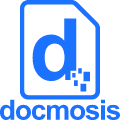

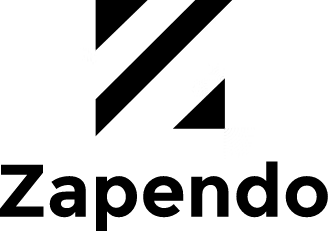
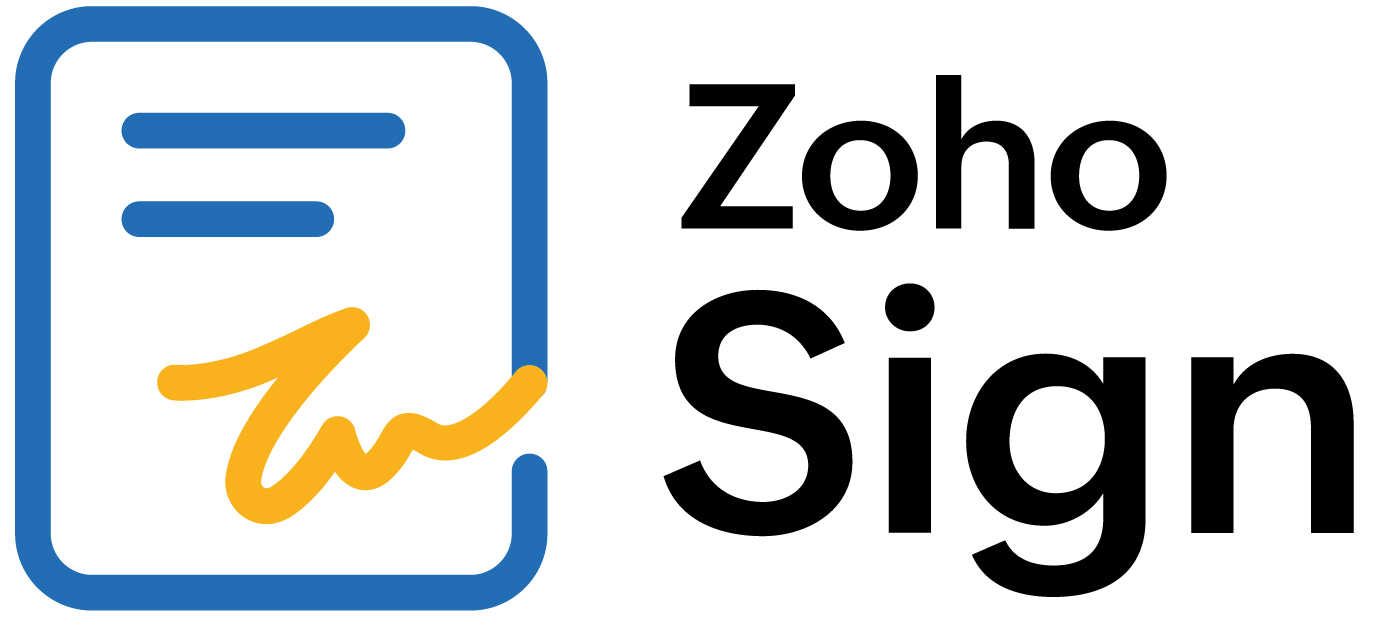
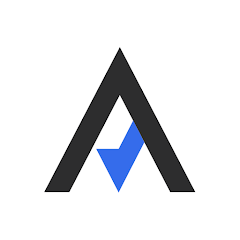

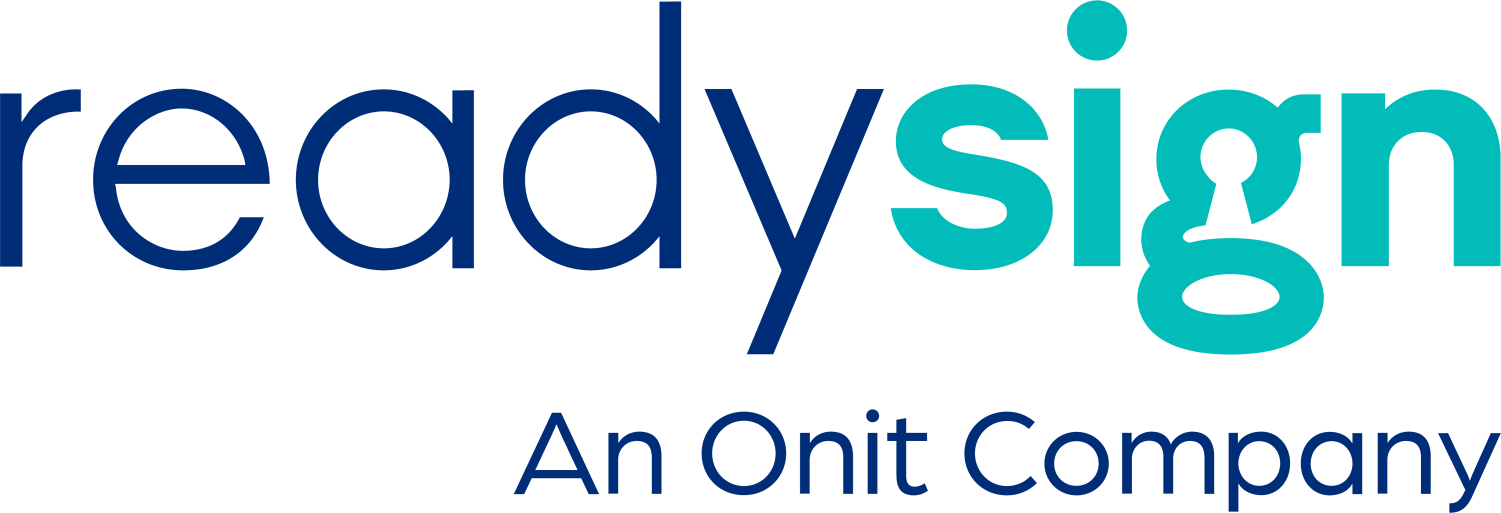

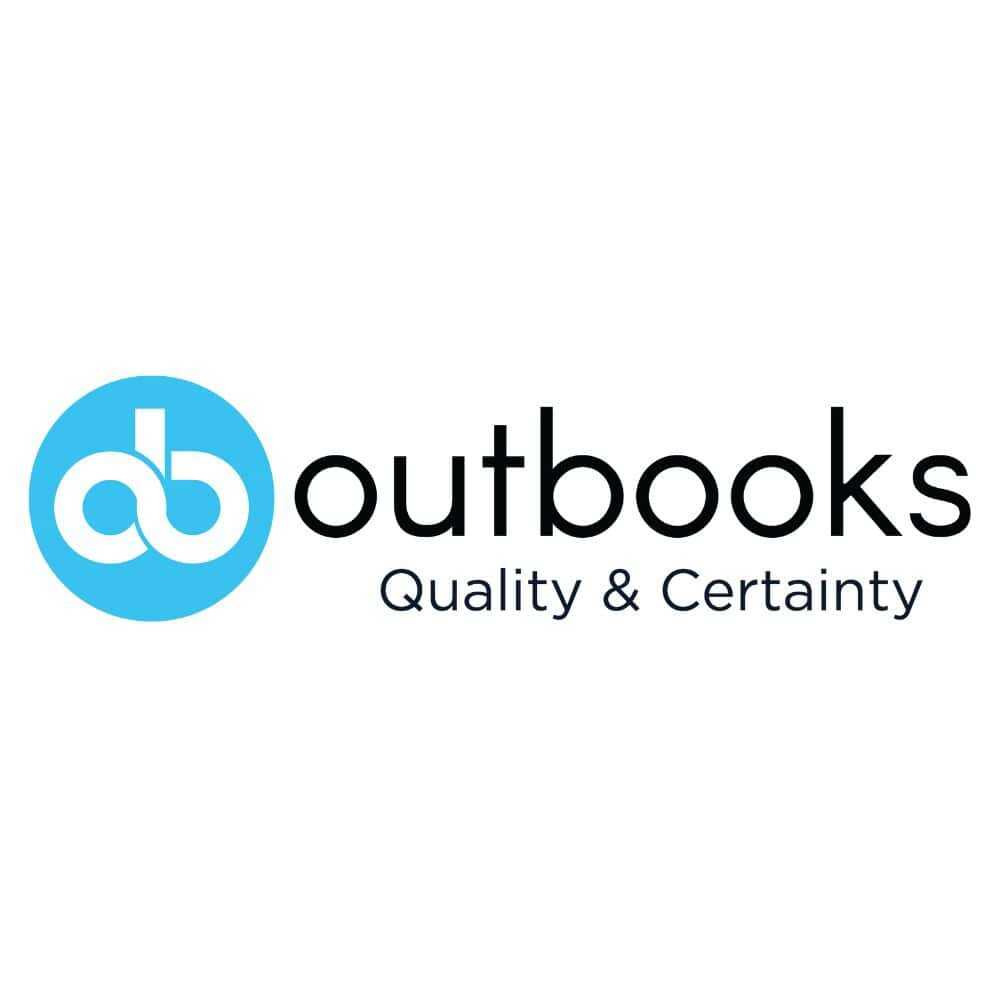
-logo.jpg)






